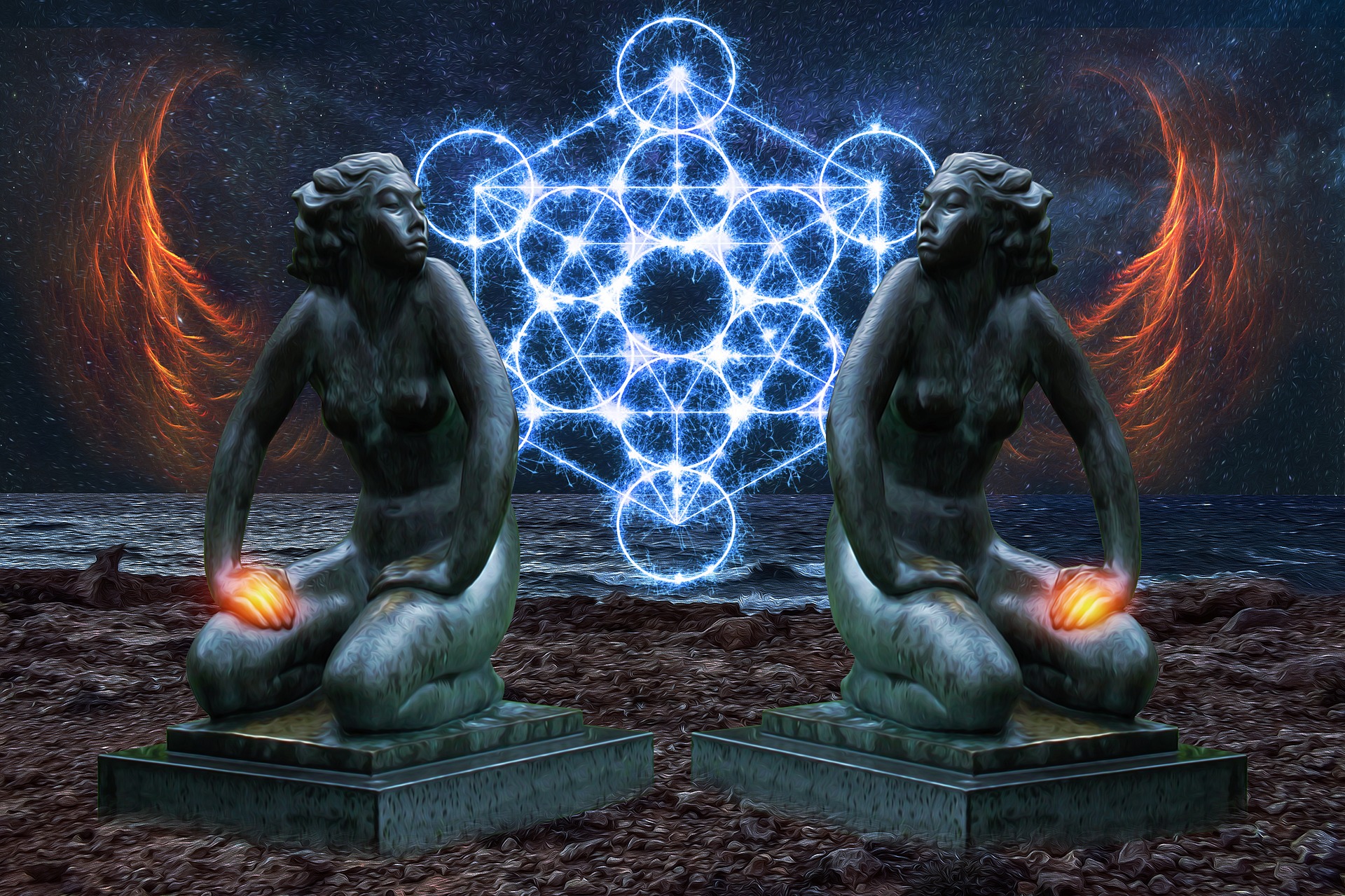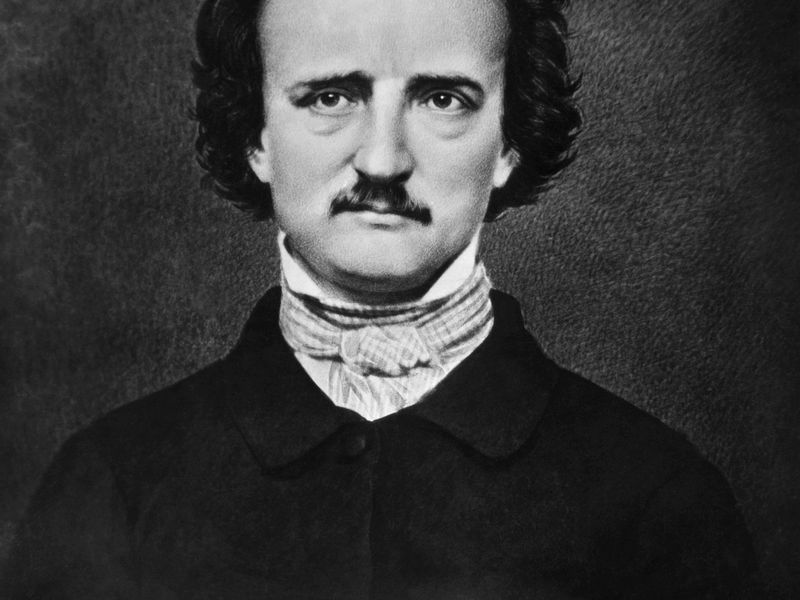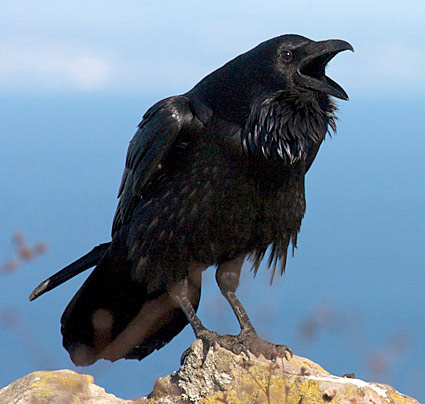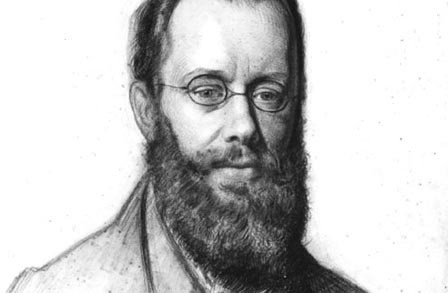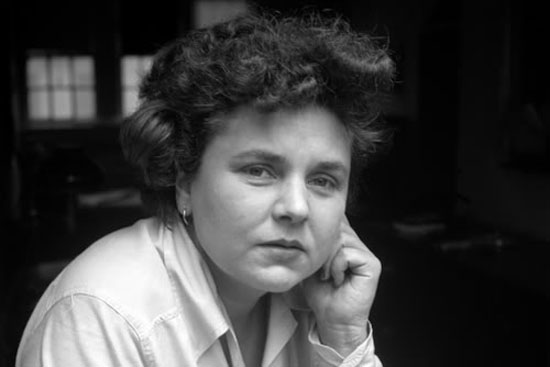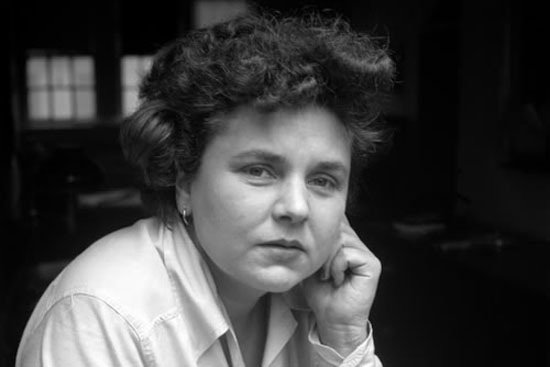ABOUT THE POET: The acclaimed American writer Edgar Allan Poe made a remarkable impact in the Victorian era of English history. His immense contributions to the genres of science fiction, supernatural and psychological horror have been considered phenomenal and illustrious. His works best belong to the category of the gothic, a category it is said, that he followed to gratify the public taste. He was in born in Boston, Massachusetts, U.S.A. on the 19th of January, in the year 1809. He came from a family of traveling actors and very soon after his birth, at the infantile age of two, he was left orphaned when his father disappeared and his mother died. Poe derives his middle name from his distant uncle, John Allan, who took him under his shelter and provided him with a home at Richmond. He received privileges of a good education at the University of Virginia and at first he excelled in his studies but he had to give all that up in December 1826 when he couldn’t cover the gambling debts, his uncle, John Allan refused to pay. His next course of action was to leave for Boston where he joined the army. Later, in 1836, Poe married his thirteen-year-old cousin Virginia Clemm. Their marriage came to an unfortunate end, in 1847, when his wife died of tuberculosis, just as he gained prominence with his famous poem The Raven. Poe remained inconsolable with grief at the loss of his wife and he suffered from poor health and an unstable life until the time of his death in 1849, in Baltimore.
Edgar Allan Poe was an esteemed writer, poet, and critic as well and he is best known for his short stories of the mystery and the macabre. Apart from horror, his literature also encompasses comic tales and satires. His techniques of writing include irony and luxurious exaggeration, most certainly in an attempt to release the reader from the shackles of cultural conformity. As a poet, in particular, he produced a very limited but highly inspiring collection of poetry. Poems such as Annabel Lee, Lenore and The Haunted Palace
The poem Israfel unfolds to be a complex acknowledgment of the magnificent simplicity of the mortal being. Basically, the poem strives to glorify man in all his anguish in contrast or against the looming back figure of an unalloyed, unperturbed and remote God. The interpretation of the poem is far from difficult or varied but its apprehension is larger than life.
And the angel Israfel, whose heart-strings are a lute, and who has the sweetest voice of all God’s creatures. —KORAN
The poem opens with a canonical proclamation, derived from the religious scriptures of Koran, and then forwards the argument and justification of such a statement. But in this statement alone, he establishes the potential talents of one of the central characters of the poem that is the angel Israfel. The “angel” Israfel, in all his superior immortal powers, with his heart of lute-strings may be the sweetest of all God’s creatures but the mortal bard could also strike a more passionate chord if bestowed with similar superhuman musical gifts from the heaven. This is his manner of conveying his inner drive to excel. Here is a detailed explanation of the poem Israfelby Edgar Allan Poe.
Line by Line Summary of Israfel Summary by Edgar Allan Poe
Stanza 1:
In Heaven a spirit doth dwell
Whose heart-strings are a lute —
None sing so wild — so well
As the angel Israfel —
And the giddy stars are mute.
In the very first verse, the poet begins by relating through beautiful imageries the myth of the angel Israfel, and he strictly warns his readers too that this particular account of the story is based only on legends. The poet captivates and weaves a magical parable but also cautions against false unrealistic perceptions. He quotes words from the Koran to state exactly how the angel’s heart was formed of strings from a lute, stressing on the authenticity of his lore. To add effect, he further describes the movement and reactions of the stars, who are also the inhabitants of heaven and are therefore presently witnessing the angel, perform his divine melody. Apparently, the voice of the angel, castes a spell on all the stars and they attend upon him with appraising silence and cease to commit their routine hymns in order to halt and listen with undivided attention.
Stanza 2:
Tottering above
In her highest noon
The enamoured moon
Blushes with love —
While, to listen, the red levin
Pauses in Heaven.
After the stars the poet introduces the exclusive starlet of the night sky, the moon. He gives the moon a feminine charm who is besotted by the musical angel and daintily flounders in her paramount form, eager to hearken more clearly, the melody that so enchants her with love. In this second stanza Poe presents the more legendary characters of the mythical heavens, such as the violent lightening (red Levin) and the seven Pleiades, who themselves are great advocates of music and hymns. All of these animated characters pause in their heavenly course to listen when the angel Israfel begins his melodious chant.
Stanza 3:
And they say (the starry choir
And all the listening things)
That Israfeli’s fire
Is owing to that lyre
With those unusual strings.
The angel’s audience, the celestial stars along with the Pleiades and the red Levin, now converse amongst themselves after listening to his enchanting song. They came to a conclusion about the angel’s musical prowess and stated that such a wonder can only be owed to that heart of lyre that beats and trembles in Israfeli’s chest.
Stanza 4:
But the Heavens that angel trod
Where deep thoughts are a duty —
Where Love is a grown god —
Where Houri glances are ——
— Stay! turn thine eyes afar! —
Imbued with all the beauty
Which we worship in yon star.
This particular verse is a very typical description of the Islamic heaven. Poe in his choicest words depicts a perfect and pure environment of controlled and astute thoughts in the presence of divine love and beauty. He specially refers to the glances of a ‘Houri’ and in her stimulating ubiquity she acts as a muse to the hallowed artist Israfel and also compares her allure to that of a star whom the humans worship.
Stanza 5:
Thou art not, therefore, wrong
Israfeli, who despisest
An unimpassion’d song:
To thee the laurels belong
Best bard, — because the wisest.
The fifth verse of the poem is a continuity of the previous verse and here the poet unravels the angel’s disdain for spiritless and ‘unimpassioned’ music. The poet attempts to understand Israfeli’s scorn and removes blame on him for this fault, and in fact cheers him a long, merry life and applauds him as the ‘best bard’.
Stanza 6:
The extacies [[ecstasies]] above
With thy burning measures suit —
Thy grief — if any — thy love
With the fervor of thy lute —
Well may the stars be mute!
In this stanza, Poe in a very subtle manner admonishes Israfel and his privileges and asserts that the excitement and intensity of his music is clearly balanced by the presence of the ‘ecstasies’ and the lavish comfort of a heavenly way of life. He implies that of course, the angel’s music is more astonishing and the celestial bodies are mute in their fervor of his song, because he has advantages that no mortal poet does.
Stanza 7:
Yes, Heaven is thine: but this
Is a world of sweets and sours:
Our flowers are merely — flowers,
And the shadow of thy bliss
Is the sunshine of ours.
The poet continues to acknowledge the angel’s musical reign and fame in the heaven, but counters this compliment with a bitter contrast with the struggles of a life on earth. Poe with almost acrid pride illustrates the irregular and harsh beauty of our world where there is a mixture of hardships and sweetness and a blatant practicality of our landscape, where things are merely disposable and not everlasting and there is no scope for exaggerating loveliness. Even a meager dimness of the ‘perfect bliss’ of heaven can be compared to the brightest sunshine on earth.
Stanza 8:
If I did dwell where Israfel
Hath dwelt, and he where I,
He would not sing one half as well —
One half as passionately,
And a stormier note than this would swell
From my lyre within the sky.
In the final stanza of the poem, the poet, at last, reveals the true grief and disappointment of his obscure career and longs for a mythical dwelling where he could rise to his actual greatness and not be subdued by humanly troubles. He imagines the bold and striking compositions he would make if he could only reverse his situation with the angel Israfel in heaven. Poe proclaims that had he been as fortunate as the angel, his songs would have rendered more excitement and wild passion from his lyre in the sky than the divine music of Israfel could ever create through his surviving legends.
Some online learning platforms provide certifications, while others are designed to simply grow your skills in your personal and professional life. Including Masterclass and Coursera, here are our recommendations for the best online learning platforms you can sign up for today.
The 7 Best Online Learning Platforms of 2022
- Best Overall: Coursera
- Best for Niche Topics: Udemy
- Best for Creative Fields: Skillshare
- Best for Celebrity Lessons: MasterClass
- Best for STEM: EdX
- Best for Career Building: Udacity
- Best for Data Learning: Pluralsight


